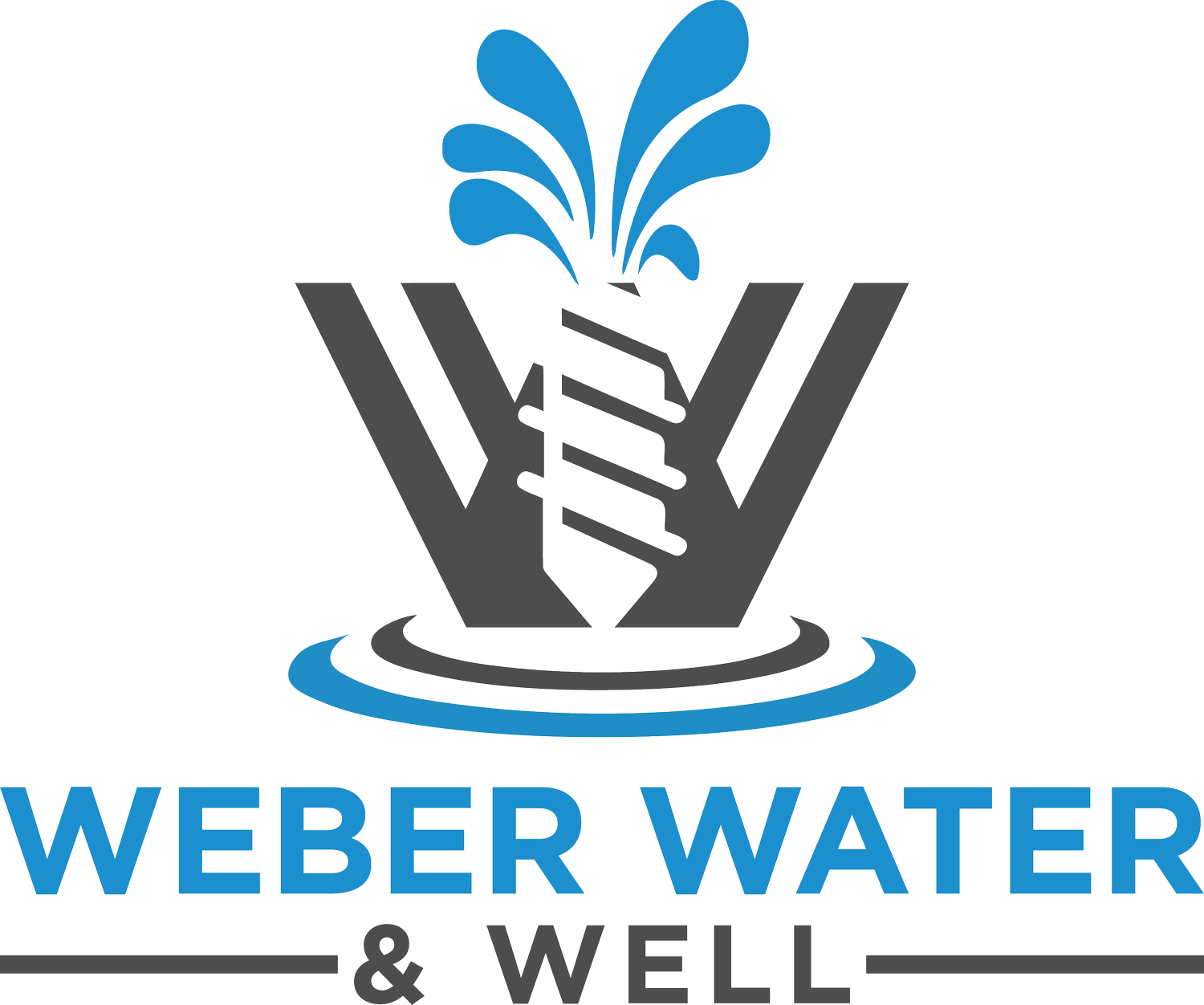How Water System Design Enhances Home and Business Solutions
Water system design plays a crucial role in our daily lives, whether at home or in business. An efficiently designed system not only ensures a reliable water supply but also contributes to sustainability, cost savings, and enhanced functionality. Let's explore how a well-thought-out water system can elevate your space, making it more effective and environmentally friendly.
Understanding the Basics of Water System Design
Before diving into the specifics, it's important to grasp the fundamental concepts of water system design. This includes understanding how water supply, storage, and distribution work together to meet the needs of a space.
At its core, a water system is comprised of several components: sources of water, such as wells or municipal supplies, storage tanks to hold the water, and pipes that distribute it throughout a building. Each element must function harmoniously to ensure a consistent water flow. If even one part fails, the entire system may falter, highlighting the importance of comprehensive design.
Moreover, water quality is paramount in any system design. Contaminants can significantly affect usability and safety, so implementing filtration systems and regular water testing are essential considerations. Understanding these basics sets the foundation for making informed decisions as we explore advanced water solutions.
Benefits of Effective Water System Design for Homes
Homes benefit from smart water system design in numerous ways, including improved water quality, reduced wastage, and lower utility bills. A well-designed system can also address unique challenges such as pressure fluctuations.
One of the most compelling advantages is improved water quality. By ensuring that pipes and tanks are correctly installed and maintained, homeowners can prevent contaminants from entering their water supply. This not only keeps family members healthy but also contributes to the longevity of appliances that rely on clean water.
Additionally, effective water system design allows for better water management, which can keep utility bills low. Many systems now incorporate smart technology that tracks water usage, helping homeowners identify leaks or inefficiencies. This proactive approach not only saves money but also promotes a more sustainable lifestyle.
Lastly, consider the added value to your property. A well-designed water system may appeal to potential buyers who recognize the importance of efficient use and sustainability. Therefore, investing in quality water system design is not only practical but can also enhance home value.
Enhancing Business Efficiency Through Water System Solutions
For businesses, efficient water system design is critical for operational success. It can enhance productivity, ensure regulatory compliance, and contribute to a positive brand image when sustainability is prioritized.
Water is a vital resource in many businesses, whether in manufacturing, food services, or office settings. The right design can streamline processes, reduce downtime, and minimize costs. Think of industries where water is a core component; even small inefficiencies can lead to substantial losses over time.
Moreover, companies that focus on sustainable practices can enjoy additional benefits, including tax incentives and a positive reputation among environmentally conscious consumers. By investing in a robust water system, businesses not only improve their operational efficiency but also play an active role in promoting sustainability.
It's also crucial for businesses to comply with local regulations concerning water use. An effective water system design can ensure compliance while also improving the overall water quality and safety, thereby enhancing employee health and productivity. With an efficient water supply, businesses can focus on what they do best.
Sustainable Practices in Water System Design
Incorporating sustainable practices in water system design is not only beneficial for the environment but can also save costs in the long run. Techniques like rainwater harvesting and greywater recycling can significantly reduce water consumption.
For instance, rainwater harvesting systems capture and store rainwater for later use, whether for irrigation or even flushing toilets. This practice reduces dependency on municipal supplies and promotes a deeper connection with natural water cycles. The implementation of such systems often leads to lower water bills and a more self-sufficient living environment.
Greywater recycling is another innovative approach where used water from sinks, showers, or washing machines is treated and reused for irrigation or toilet flushing. This not only conserves fresh water but also lessens the burden on sewage systems, positively impacting urban infrastructure.
By embracing these methods and integrating them into the overall water system design, both homes and businesses can contribute significantly to water conservation efforts. The beauty of sustainable water systems lies not just in their efficiency but also in their alignment with a growing global movement toward environmental consciousness.
Case Studies: Successful Water System Implementations
Examining real-world examples can illuminate the powerful impact of water system design. We'll look at some successful residential and commercial projects that exemplify innovative approaches to water management.
For instance, a community in California adopted an extensive rainwater harvesting system for its homes, which resulted in a 40% reduction in water usage across the board. This initiative not only saved homeowners money but also set a precedent for neighboring communities to explore similar practices.
In the realm of businesses, a large hotel chain implemented a greywater recycling system, which allowed them to reduce their environmental footprint dramatically. This initiative led to a 30% savings on water costs and earned them recognition for their commitment to sustainability, enhancing their brand value in an increasingly eco-conscious market.
These case studies demonstrate that transformative effects can arise from thoughtful water system design. By looking closely at successful implementations, we can derive valuable insights and inspiration for future projects, ultimately fostering a culture of sustainability and efficiency.
Wrapping Up: The Impact of Water System Design
In summary, investing in thoughtful water system design can lead to significant benefits for both residential and commercial properties. By prioritizing quality, efficiency, and sustainability, homeowners and business owners alike can enjoy a reliable water supply while minimizing costs and environmental impact.


